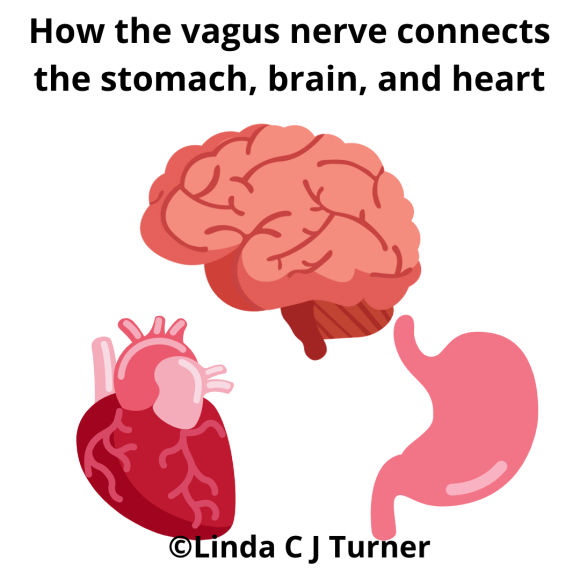The human body is a marvel of interconnected systems, and one of the most fascinating connections exists between the gut and the brain. Recent research has shed light on the profound influence of gut health on mental well-being, particularly through the intricate interplay between the microbiome, specifically vitamin B12-producing gut bacteria, and neurotransmitter function in the brain.
The Gut Microbiome: The gut microbiome, a diverse community of trillions of microorganisms residing in our gastrointestinal tract, plays a pivotal role in various aspects of health, including digestion, immunity, and even mental health. Among these microbes, certain strains possess the remarkable ability to synthesize essential nutrients, including vitamin B12, crucial for proper neurological function.
Vitamin B12: Vitamin B12, an indispensable nutrient, plays a key role in the production of red blood cells and the maintenance of a healthy nervous system. It’s also pivotal in synthesizing neurotransmitters, the chemical messengers that facilitate communication between brain cells. Deficiencies in vitamin B12 have been linked to neurological disorders, cognitive decline, and mood disturbances.
Neurotransmitters and Mood Regulation: Neurotransmitters like serotonin, dopamine, and gamma-aminobutyric acid (GABA) are vital for regulating mood, emotions, and cognitive function. They are synthesized in the brain but are influenced by various factors, including the gut microbiome. Studies have suggested that alterations in gut bacteria composition, including those responsible for producing vitamin B12, can impact neurotransmitter levels and subsequently influence mental health.
The Influence of Gut Bacteria on Neurotransmitter Production: Emerging research has highlighted the role of vitamin B12-producing gut bacteria in supporting optimal neurotransmitter synthesis. These bacteria aid in the production and assimilation of vitamin B12, contributing to the body’s supply of this essential nutrient. Consequently, adequate levels of vitamin B12 facilitate the synthesis and regulation of neurotransmitters critical for mood stability and cognitive function.
Implications for Mental Health: Understanding the relationship between gut bacteria, vitamin B12 production, and neurotransmitter function holds significant implications for mental health. Maintaining a healthy balance of gut bacteria, particularly those capable of producing vitamin B12, may contribute to optimizing neurotransmitter levels, potentially influencing mood regulation and mental well-being.
Conclusion: The gut-brain connection continues to astound researchers, unveiling new dimensions of how our gut health profoundly impacts mental functions. The role of vitamin B12-producing gut bacteria in influencing neurotransmitter production underscores the intricate interplay between our digestive system and mental health.
Further exploration of this link holds promise for developing novel therapeutic interventions that harness the potential of the gut microbiome to support mental health. By nurturing a healthy gut environment through balanced nutrition, probiotics, and lifestyle choices, individuals may potentially positively impact their mental well-being, emphasizing the profound significance of the gut-brain axis in fostering holistic health.

Copyright © Linda C J Turner 2023 LindaCJTurner.com All Rights Reserved.
All content on this website, including text, images, graphics, and other material, is protected by copyright law and is the property of Linda C J Turner unless otherwise stated. Unauthorized use or reproduction of the content in any form is prohibited.

